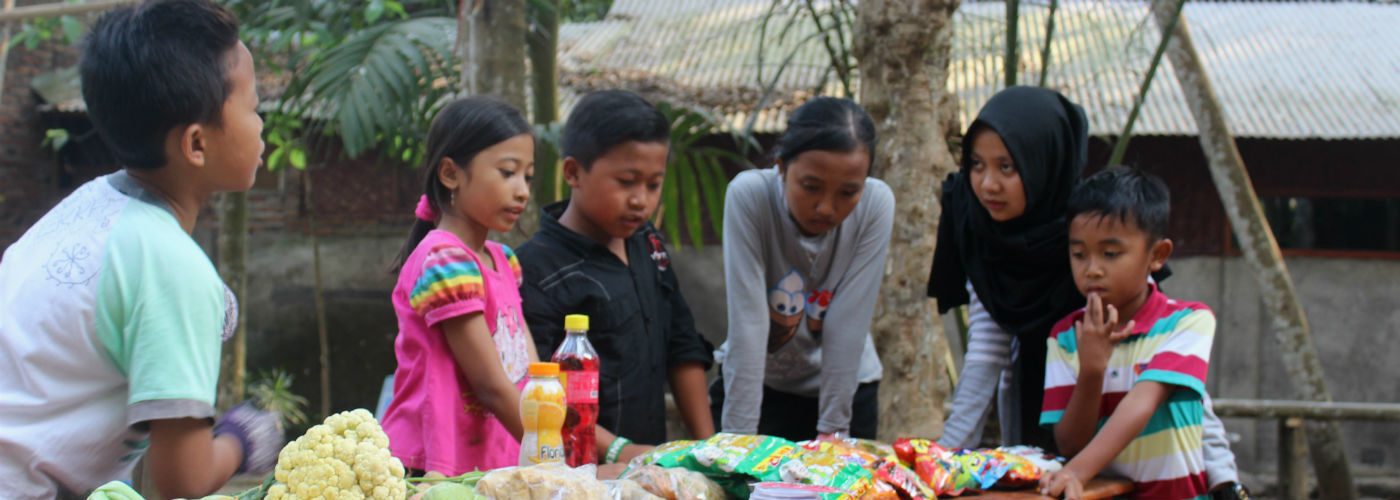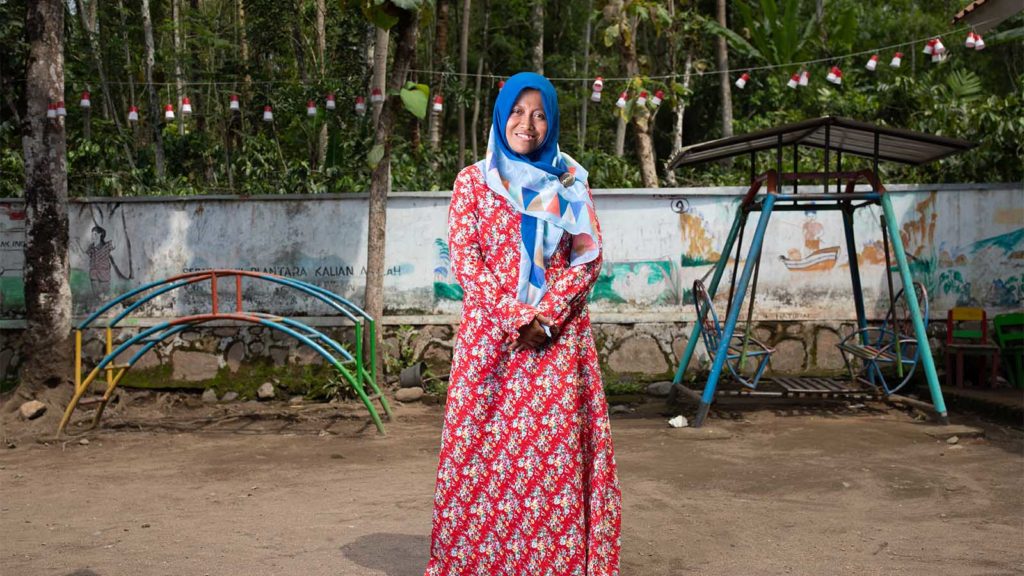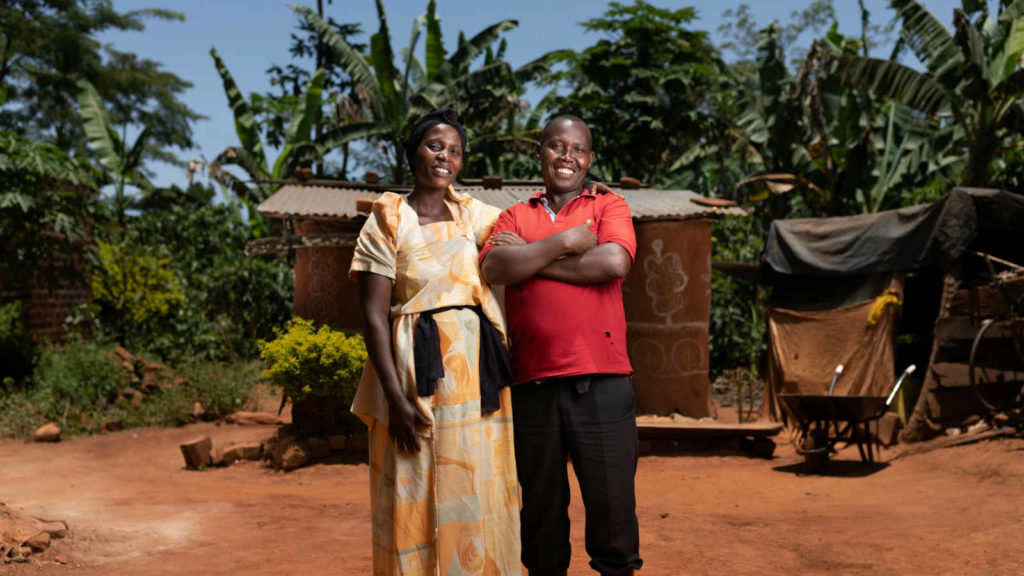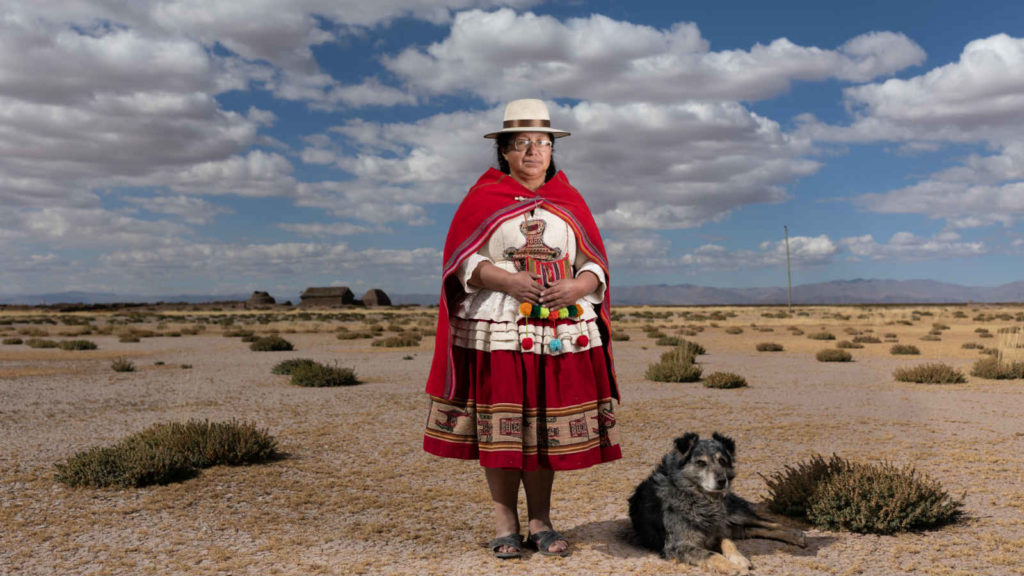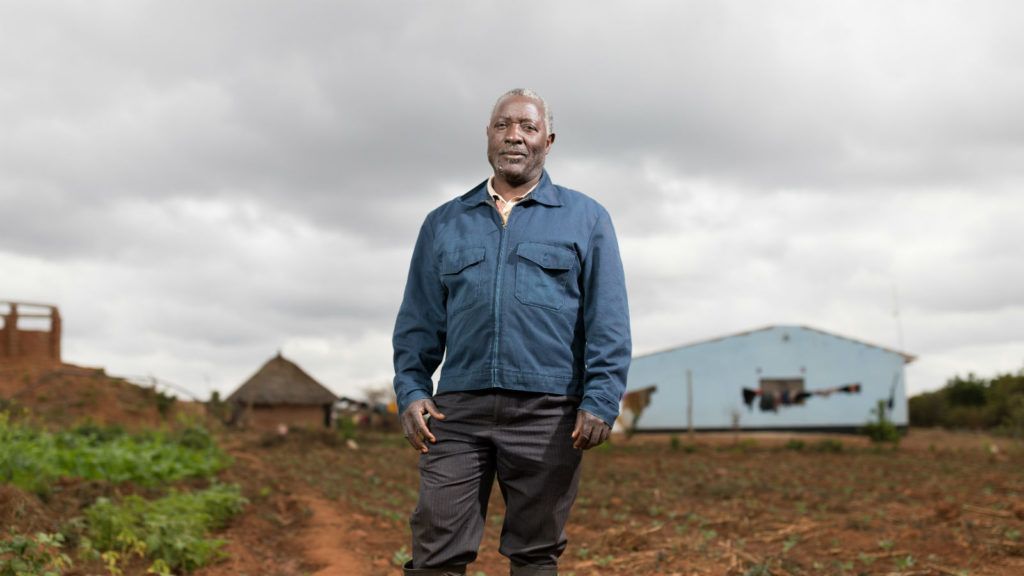The human activity behind climate change has already caused the loss of 83 percent of all wild mammals and half of plants – so important for our sustenance and health. And our global food systems have contributed to this in no small part. Just the way we produce food creates around 30 percent of global greenhouse gas emissions. But if we change our food systems, they could help us fix the problems of our making.
Last week the World Economic Forum launched a new report which outlines four pathways for creating the right incentives to transform food systems. The report proposes a roadmap for change through public policies, business models, institutional investment and consumer behavior. It encourages civil society to organize grass roots campaigns, provide technical assistance, advocate for policy changes and hold governments and companies accountable for making the required changes.
But a fifth pathway is missing: a shift in power dynamics to transform the conditions that are keeping the current industrial food system in place, creating more and more climate-related crises.
The happy few
Only the happy few have benefited from the 150 years of industrial and agricultural development that have caused the vast majority of greenhouse gas emissions. Oxfam India CEO Amitabh Behar, who represented the Oxfam confederation in Davos last week, acknowledged the shocking growth of global inequality, saying, “The gap between rich and poor can’t be resolved without deliberate inequality-busting policies, and too few governments are committed to these.” Ultimately, it is the richest who will be best placed to adapt to climate change, while the poorest, who have the least capacity to react, are paying the price.
Citizens taking back control
Since the happy few will not easily give up their privileges, it’s up to citizens – from youth on city streets to indigenous activists in the Amazon – to be the real drivers of the transformation we need. Citizens have to take back control and promote local sustainable food systems, strengthening the position of small-scale farmers and workers, especially women, who produce most of our food.
People-centered innovations around food production, processing, marketing and cooking are already showing the way forward. We see it happening within Hivos’ Sustainable Diets for All (SD4All) program in Buikwe, Uganda, where communities have established Food Parliaments. And in In Jember, Indonesia, where our SD4All partner Tanoker is using data gathered by the community in food diaries to drive tangible, positive change in people’s diets. It’s essential to support these pockets of action and innovation in civil society so their solutions can be scaled and sustained.
Nature, people and diets
If we want to establish inclusive, sustainable, healthy and climate-proof food systems. If, through those food systems, we want to achieve the Sustainable Development goals, governments and companies must work toward:
A just transition to a food system that enables equitable, sustainable livelihoods. This means a system that takes full account of the needs and experiences of farmers, food workers, small entrepreneurs and low-income consumers around the world, and ensures that these marginalized groups are not left out. Inclusive, multi-actor transformation processes, starting at community level, but connecting with national stakeholders, international finance institutions and donors can facilitate this transition.
Nature-based solutions to increase diversification in production. We need to work with the environment, not against it. Regenerative agroecology is particularly effective in helping farmers adapt to and mitigate climate change. The recommendations of the IPCC Land report support scaling up of agro-ecological farming techniques that enable the land to absorb and store more carbon dioxide. The true cost of maize study done by the SD4All program in Zambia shows that more diversified agriculture absorbs three times more carbon in the soil, produces healthier food, and is less vulnerable to climate risks.
Sustainable and healthy diets for all to avoid the looming prospect of undernutrition and obesity afflicting half of the global population*. The 2019 EAT Lancet report highlighted the urgent need to change our unhealthy diets – largely caused by broken food systems which are exacerbated by climate change. We need to shift to whole foods diets that include a diversity of fruits and vegetables. As diets differ per country and culture, taste can drive transformation and there are already many innovative examples of this all over the world.
Take up their responsibility
If we get our food systems right, we will have made important strides toward addressing climate change. But as Greta Thunberg acknowledged at Davos, “There is a difference between being heard to actually leading to something.” So Hivos calls upon the world’s political and economic elite who gathered in Davos last week, the extremely ‘happy few’, to open their eyes to the inequalities of our current food system. We challenge them to acknowledge the power dynamics at play and finally take up their responsibility to transform the food system, for the good of all.
* If current trends continue, half the world’s population will suffer from malnutrition by 2030, entailing escalating health care costs and human suffering (HLPE report, 2017).

